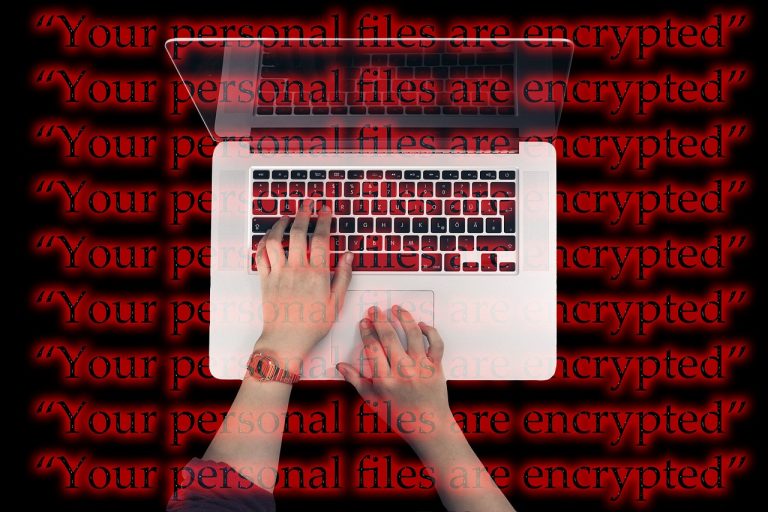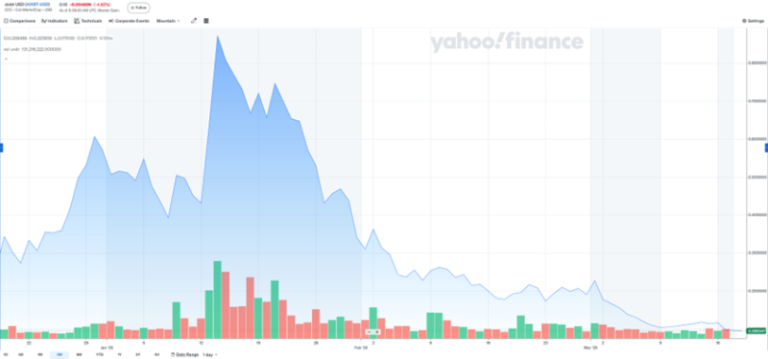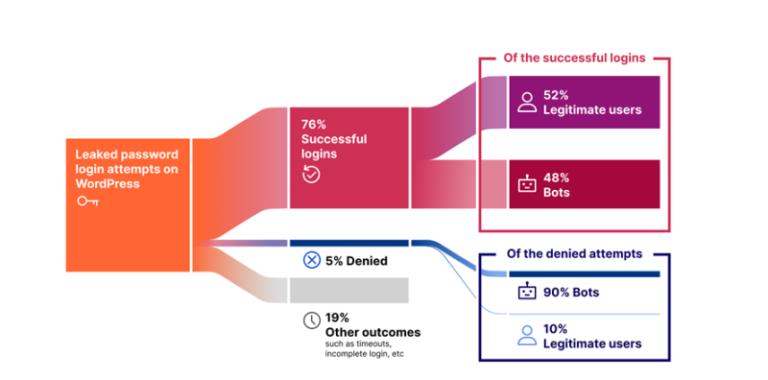
Ecuador’s National Assembly has reported two cyberattacks aimed at disrupting its systems and gaining unauthorized access to confidential parliamentary data. While the incidents were swiftly detected and neutralized, officials have refrained from disclosing details regarding potential repercussions or the identities of the perpetrators.
The legislative body has issued a warning to both citizens and government institutions about the risks of data compromise, assuring the public that all necessary measures will be taken to safeguard sensitive information.
The cyberattack occurred amid heightened political tensions following the first round of the presidential elections. Incumbent President Daniel Noboa failed to secure a sufficient number of votes for an outright victory and is set to face opposition candidate Luisa González in a runoff election in April. Noboa has voiced concerns over possible irregularities in the first round, casting doubt on the integrity of the process.
Additionally, earlier this week, the hacker group Cyber Hunters launched an attack on the media outlet Radio Pichincha, temporarily disabling its main website. The editorial team revealed that their platform has suffered numerous cyber assaults over the past six years and urged international organizations to address the escalating threats to press freedom in the country.
Ecuador has been a repeated target of cybercriminals. In 2023, five Ecuadorian journalists received USB flash drives via mail, each containing an explosive device designed to detonate upon connection to a computer. In another incident, the cybercriminal group Blind Eagle (APT-C-36) successfully impersonated the tax agencies of Colombia and Ecuador, infiltrating government, financial, and various other institutions to exfiltrate sensitive data.


